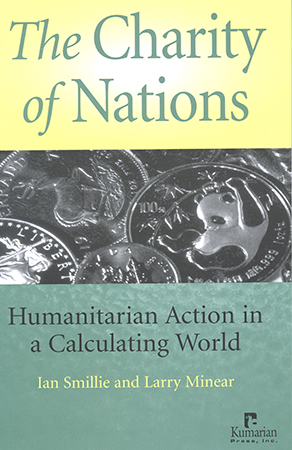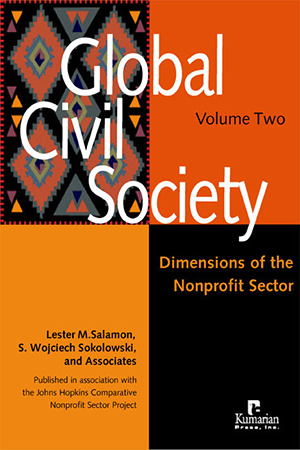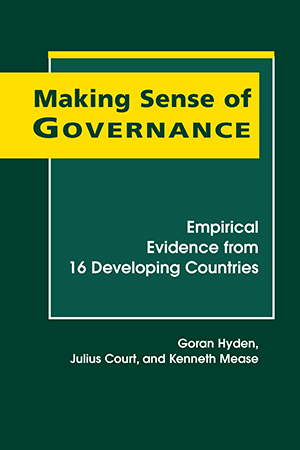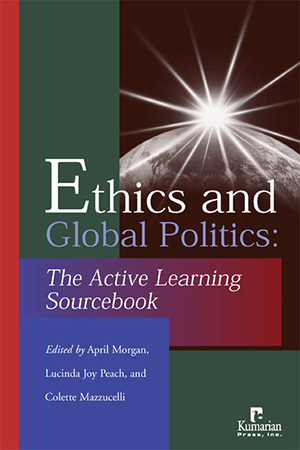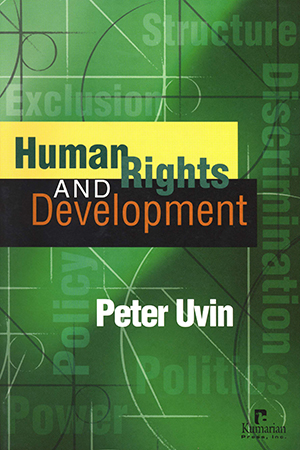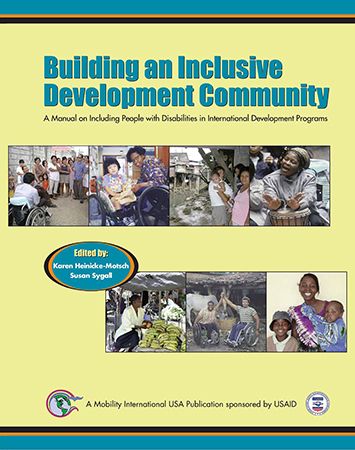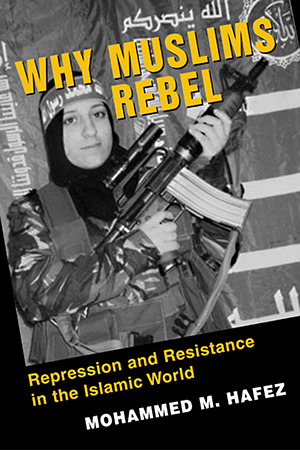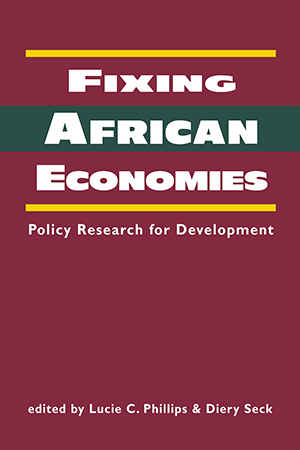BOOKS
Ian Smillie and Larry Minear probe the reasons behind governmental and nongovernmental responses to urgent human need. They explain why some crises got the lion's share of attention and More >
In Volume Two of Global Civil Society, the Johns Hopkins Comparative Nonprofit Sector Project continues the comprehensive overview of the scope, size, composition, and financing of the More >
Although governance has been the focus of a considerable body of literature on democratic transitions and consolidation, data to support the claim that the concept is a useful one has been More >
Who should take moral and ethical responsibility for the world's critical issues? What obligations do individuals and multinational corporations have to the rest of the world, and whose More >
Peter Uvin links human rights with development theory and practice to show how practitioners can surmount tough obstacles to successfully effect strategies for reducing conflict and More >
Complete book information to come. More >
In First Amendment, First Principles, attorney John F. Wirenius explores challenges to freedom of speech and examines the evolution of how the First Amendment has come to the meaning it More >
Now available in paperback! Rejecting theories of economic deprivation and psychological alienation, Mohammed Hafez offers a provocative analysis of the factors that contribute to More >
When African countries embarked on the first round of structural adjustments in the 1980s and 1990s, there was little opportunity to first determine what programs would work More >



